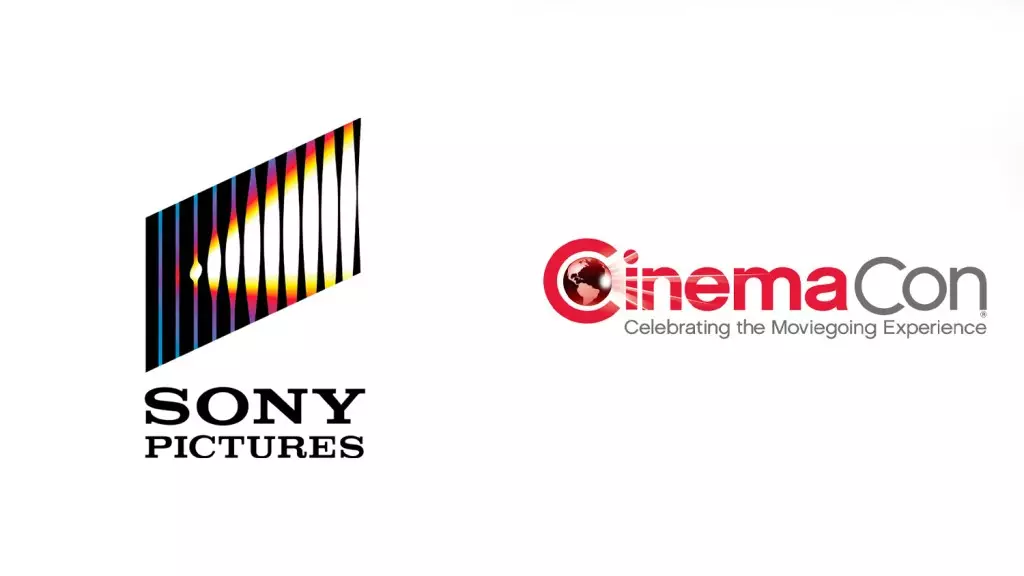In a surprising turn of events, Sony has decided to skip this year’s CinemaCon, the highly-anticipated exhibitor-studio conference held annually in Las Vegas. While it is not unusual for major studios to occasionally sit out of such conferences, this decision has raised some eyebrows in the industry. With CinemaCon being a crucial platform for studios to showcase their upcoming releases and interact with theater owners, Sony’s absence is seen as a departure from the norm.
One of the common reasons for a studio to skip CinemaCon is cost-saving. The event demands meticulous planning and preparation, including the creation of an entire year’s worth of trailers and clips, finalizing visual effects and sound, and coordinating travel schedules for the stars. These processes can be time-consuming and expensive, and studios may choose to allocate their resources differently.
However, Sony’s decision to skip CinemaCon this year might be more than just a cost-saving measure. The studio has had to contend with the impact of recent strikes that disrupted Q3 and Q4 theatrical releases. This resulted in a delay in production, leading to a post-production logjam. With the strikes now resolved, Sony likely wants to focus on catching up and ensuring a smooth release schedule for its upcoming films rather than diverting attention to a conference.
Despite its absence at CinemaCon, Sony has a slew of highly-anticipated films lined up for release. After the conference, moviegoers can expect titles such as “Horrorscope,” “The Garfield Move,” “Bad Boys 4,” “Colleen Hoover’s It Ends With Us,” the untitled Greg Berlanti-directed space race movie from Apple Original Films starring Scarlett Johansson and Channing Tatum, “Harold and the Purple Crayon,” “The Forge,” “Wolfs” from Apple, “Venom 3,” and “Karate Kid.” As the studio focuses on delivering these films to audiences, its absence at CinemaCon may not have a significant impact on its overall marketing and promotional strategy.
The decision by Sony to skip CinemaCon also raises questions about the changing dynamics within the film industry. With the rise of streaming platforms and the increasing popularity of digital releases, traditional studio conferences may not hold the same weight as they once did. Studios now have more avenues to promote their films directly to audiences, bypassing the intermediary of theater owners and exhibitors.
As Sony takes a step back from CinemaCon, it remains to be seen how other studios will respond. Will this be the beginning of a new trend, with more studios following suit and opting out of traditional conferences? Or is Sony’s absence a one-off occurrence that will not have a lasting impact on the industry? Only time will tell. As the film landscape continues to evolve, it is crucial for studios, exhibitors, and industry professionals to adapt and find new ways to connect with audiences and promote their content.
Sony’s absence at CinemaCon this year is a significant move that raises questions about the future of traditional studio conferences. While it may be a cost-saving measure, it also reflects the studio’s focus on recovering from recent strikes and delivering a strong lineup of films to audiences. As the industry continues to evolve, it is essential for all stakeholders to embrace change and explore alternative avenues for promoting and distributing films.

